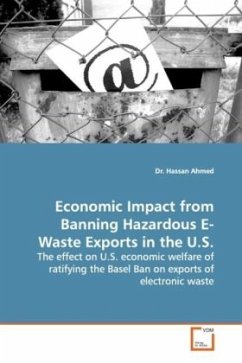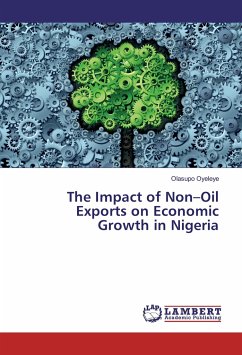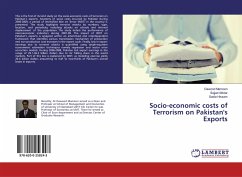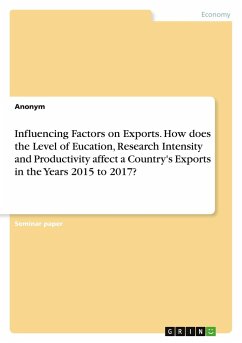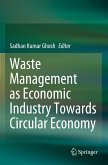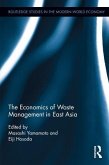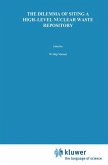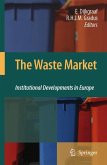The purpose of this book is to examine the effect on
U.S. economic welfare of ratifying the Basel Ban on
exports of electronic waste. The book structured the
problem as a model of the market for waste disposal
services, where the United States is viewed as an
importer of waste disposal services. The model
implies that the United States would suffer net
social costs as a result of the Basel Ban. The net
social loss from adopting the Basel BAN was
determined by estimating and comparing the costs of
three scenarios for managing electronic waste that
would not be exported and the costs of importing
waste disposal services. These scenarios represent
the probable range of options and costs. In Scenario
1 the United States would save more in costs of
exporting than the costs of managing the waste
domestically; that is, adoption of the Basel Ban
would improve domestic economic welfare. In the more
probable Scenario 2, and in Scenario 3, both the net
social cost and the net social cost per job created
are positive. The latter, however, appears to be
modest in comparison with other instances of
restraints on trade.
U.S. economic welfare of ratifying the Basel Ban on
exports of electronic waste. The book structured the
problem as a model of the market for waste disposal
services, where the United States is viewed as an
importer of waste disposal services. The model
implies that the United States would suffer net
social costs as a result of the Basel Ban. The net
social loss from adopting the Basel BAN was
determined by estimating and comparing the costs of
three scenarios for managing electronic waste that
would not be exported and the costs of importing
waste disposal services. These scenarios represent
the probable range of options and costs. In Scenario
1 the United States would save more in costs of
exporting than the costs of managing the waste
domestically; that is, adoption of the Basel Ban
would improve domestic economic welfare. In the more
probable Scenario 2, and in Scenario 3, both the net
social cost and the net social cost per job created
are positive. The latter, however, appears to be
modest in comparison with other instances of
restraints on trade.

